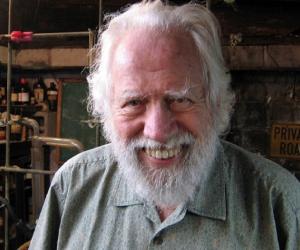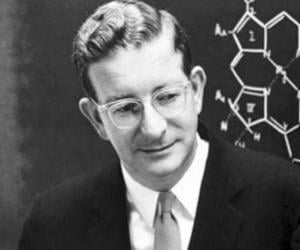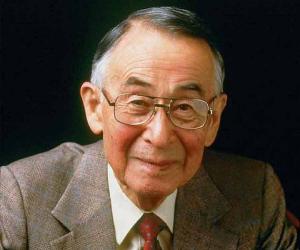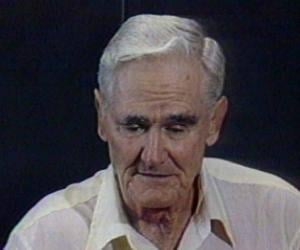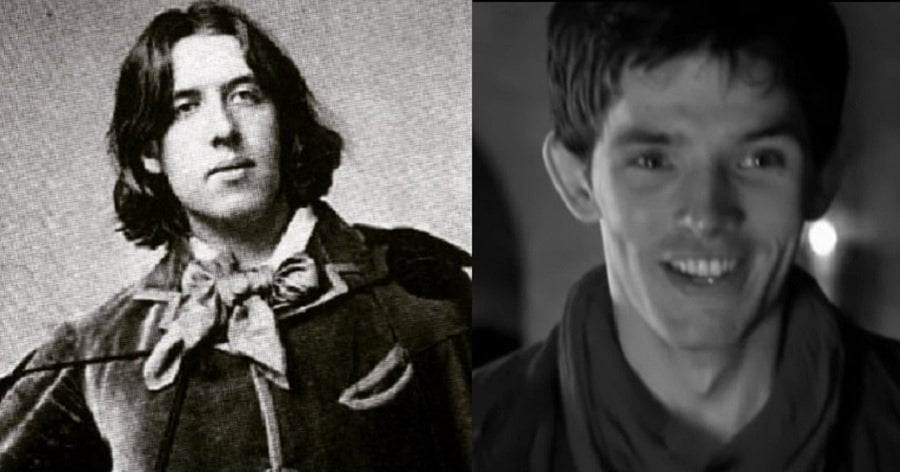A pioneer of psychedelic drug synthesis, Alexander Shulgin came to be known as The Godfather of Ecstasy, for reinventing the drug MDMA, or ecstasy, for medical use. The Harvard drop-out, who later studied psychiatry and pharmacology, would often experiment his newly invented drugs on himself, his wife, and his friends.
Robert Burns Woodward was an American organic chemist best remembered for winning the 1965 Nobel Prize in Chemistry. Regarded as the most preeminent synthetic organic chemist of the 20th century, Woodward is also remembered for his contributions to organic synthesis. Robert Burns Woodward was also the recipient of the Copley Medal, National Medal of Science, and William H. Nichols Medal.
Charles J. Pedersen was an American organic chemist. He is best remembered for winning the 1987 Nobel Prize in Chemistry. He is one of only two Nobel Prize laureates born in Korea. Charles Pedersen is also remembered for spending his entire 42-year career at DuPont, where he gained inspiration from many famous chemists like Roy J. Plunkett and Julian Hill.
Donald J. Cram was an American chemist who won the Nobel Prize in Chemistry in 1987. He shared the award with Charles J. Pedersen and Jean-Marie Lehn and the trio was also responsible for founding the field of host–guest chemistry. Donald J. Cram was also honored with other prestigious awards including the National Medal of Science.
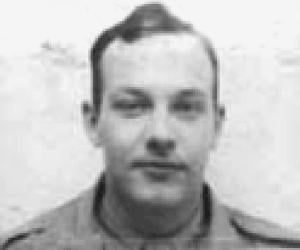
Alfred P. Wolf was an American organic and nuclear chemist. His discoveries played an important role in the evolution of positron emission tomography (PET). Wolf is also remembered for making significant contributions to the field of organic radiochemistry. Alfred P. Wolf was honored with several prestigious awards, such as the Melvin Calvin Award and American Chemical Society's Nuclear Chemistry Award.
